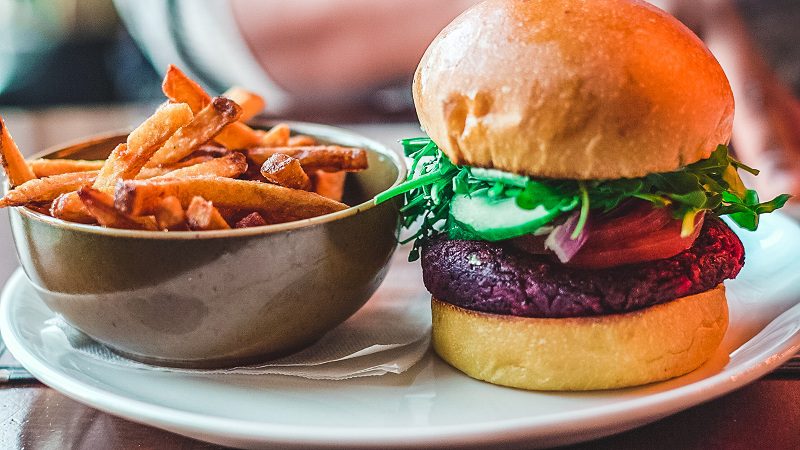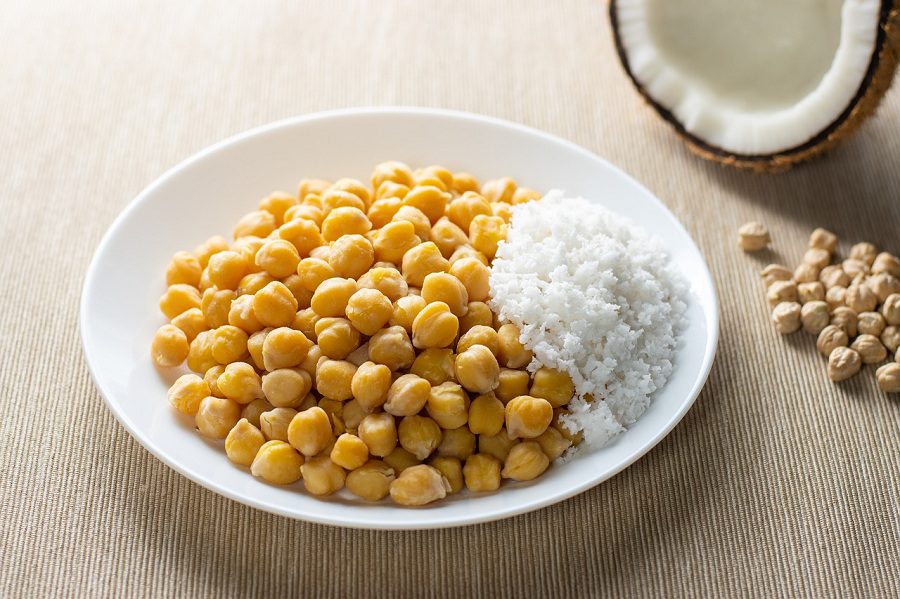Eating a plant-based diet has its ups and downs sometimes, mainly because getting enough protein can be challenging. Not all plant-based proteins contain the necessary nutrients your body needs, so you end up wondering what’s actually best for you.
We’ve compiled a list of the most nutritious plant-based proteins, including soy, pulses, and seitan, backed by nutritionists.
Curious to find out more?
Remember that it’s always a great idea to talk with a specialist about any dietary concerns!
Soy Protein
Soy protein can offer you enough fiber and omega-3 fatty acids your body really needs. No other plant protein has been studied as much as soy. For example, recent research shows that soy protein can also help lower cholesterol!
“Soy protein is unique in the sense that it is one of the few plant proteins that is considered a complete protein, meaning that it contains all 9 essential amino acids,” explains Kris Sollid, a registered dietitian.
However, as good as soy protein could be, approximately 3 in every 1,000 adults are allergic to it.
So, before choosing soy, make sure you’re not allergic.

Pulses Take Care of Your Heart
Other nutritious plant-based proteins are pulses, like chickpeas, lentils, peas, and beans, or even the edible seeds from the legume family.
As per previous studies, pulses are also high in essential minerals and vitamins, like iron, fiber, and folate. And mixing pulses such as beans and rice is super healthy and it’ll give you the full range of amino acids. How great is that?
Moreover, eating pulses can help to lower blood pressure and cholesterol!

Seitan Has a Meatlike Texture
Did you know that seitan has more protein than most other plant-based options out there? Only a serving of seitan has about 21 gr of proteins!
Seitan, aka the wheat gluten patty, is not a new plant-based protein. In Asian diets, for example, seitan is a common ingredient. And it is great alternative if you have a soy allergy!
The thing is, that seitan lacks some amino acids, like threonine and lysine, so it’s not a complete protein. Still, you can try this plant-based protein mixed with other foods like lentils or beans.












Leave a Reply